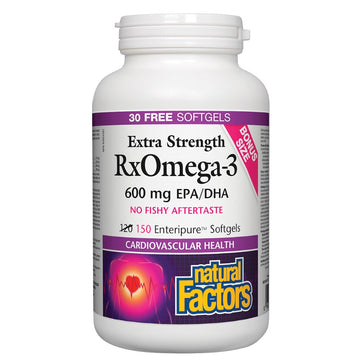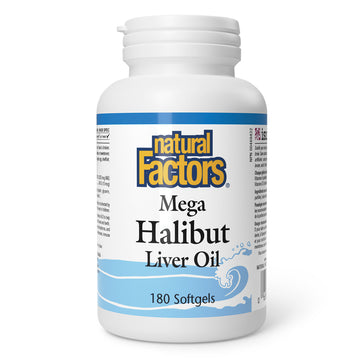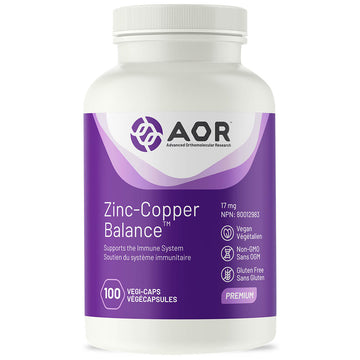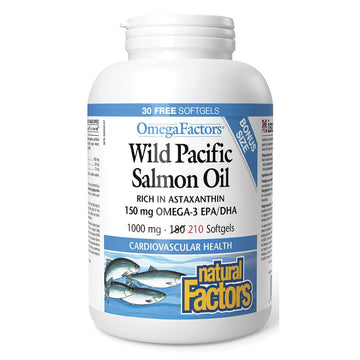Best vitamins & supplements for Vegan
(259)
Vegan diets, which exclude all animal products, can be nutritionally adequate if they are well-planned. However, vegans may be at risk of deficiency in certain nutrients that are typically found in animal-derived foods. It's important for vegans to be mindful of their nutrient intake and to consider taking supplements to ensure they are meeting their nutritional needs.
Some key nutrients that vegans may be at risk of deficiency in include:
Vitamin B12: This vitamin is important for maintaining healthy nerves and blood cells and is found almost exclusively in animal-derived foods. Vegans should take a B12 supplement or consume B12-fortified foods, such as plant-based milks, cereals, and nutritional yeast.
Iron: This mineral is important for carrying oxygen to the body's tissues and is found in higher amounts in animal-derived foods. Vegans should consume iron-rich plant-based foods, such as legumes, nuts, and fortified cereals, and consider taking an iron supplement if necessary.
Omega-3 fatty acids: These essential fats are important for reducing inflammation and are found in high amounts in fatty fish. Vegans should consume omega-3-rich plant-based foods, such as flaxseeds, chia seeds, and walnuts, and consider taking an omega-3 supplement.
Zinc: This mineral is important for immune function and wound healing and is found in higher amounts in animal-derived foods. Vegans should consume zinc-rich plant-based foods, such as legumes, nuts, and whole grains, and consider taking a zinc supplement if necessary.
It's important to note that while supplements can be helpful in ensuring adequate nutrient intake, they are not a substitute for a well-balanced diet that includes a variety of nutrient-rich plant-based foods. If you have specific concerns about your nutrient intake as a vegan, it's important to speak with a healthcare provider or a registered dietitian for personalized advice.
Some key nutrients that vegans may be at risk of deficiency in include:
Vitamin B12: This vitamin is important for maintaining healthy nerves and blood cells and is found almost exclusively in animal-derived foods. Vegans should take a B12 supplement or consume B12-fortified foods, such as plant-based milks, cereals, and nutritional yeast.
Iron: This mineral is important for carrying oxygen to the body's tissues and is found in higher amounts in animal-derived foods. Vegans should consume iron-rich plant-based foods, such as legumes, nuts, and fortified cereals, and consider taking an iron supplement if necessary.
Omega-3 fatty acids: These essential fats are important for reducing inflammation and are found in high amounts in fatty fish. Vegans should consume omega-3-rich plant-based foods, such as flaxseeds, chia seeds, and walnuts, and consider taking an omega-3 supplement.
Zinc: This mineral is important for immune function and wound healing and is found in higher amounts in animal-derived foods. Vegans should consume zinc-rich plant-based foods, such as legumes, nuts, and whole grains, and consider taking a zinc supplement if necessary.
It's important to note that while supplements can be helpful in ensuring adequate nutrient intake, they are not a substitute for a well-balanced diet that includes a variety of nutrient-rich plant-based foods. If you have specific concerns about your nutrient intake as a vegan, it's important to speak with a healthcare provider or a registered dietitian for personalized advice.






























